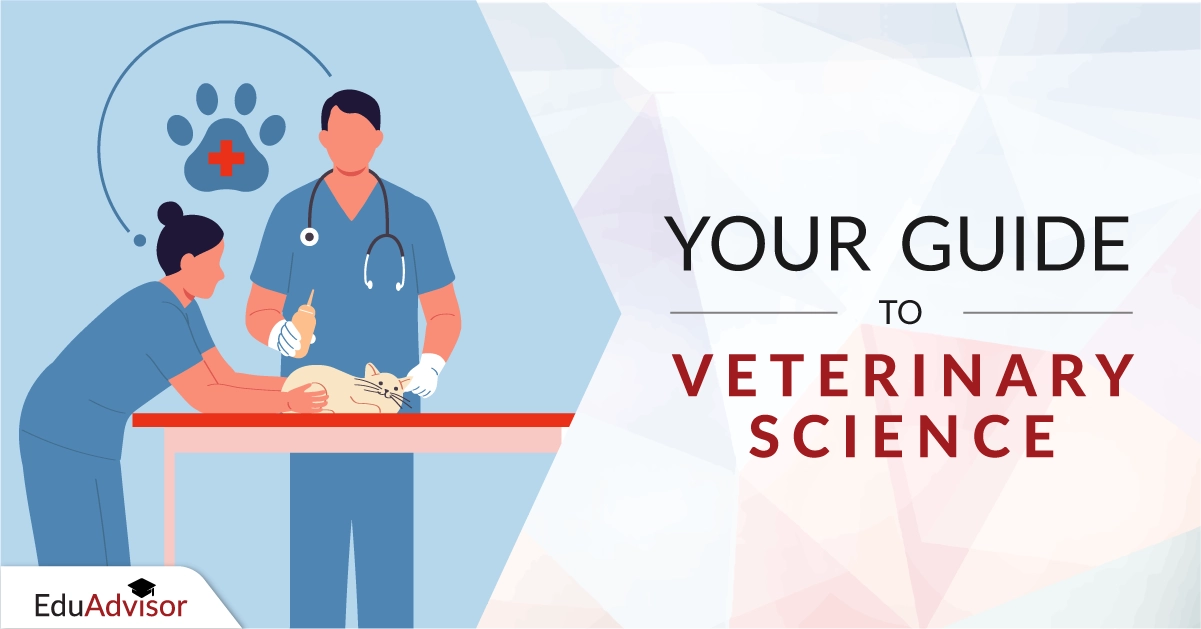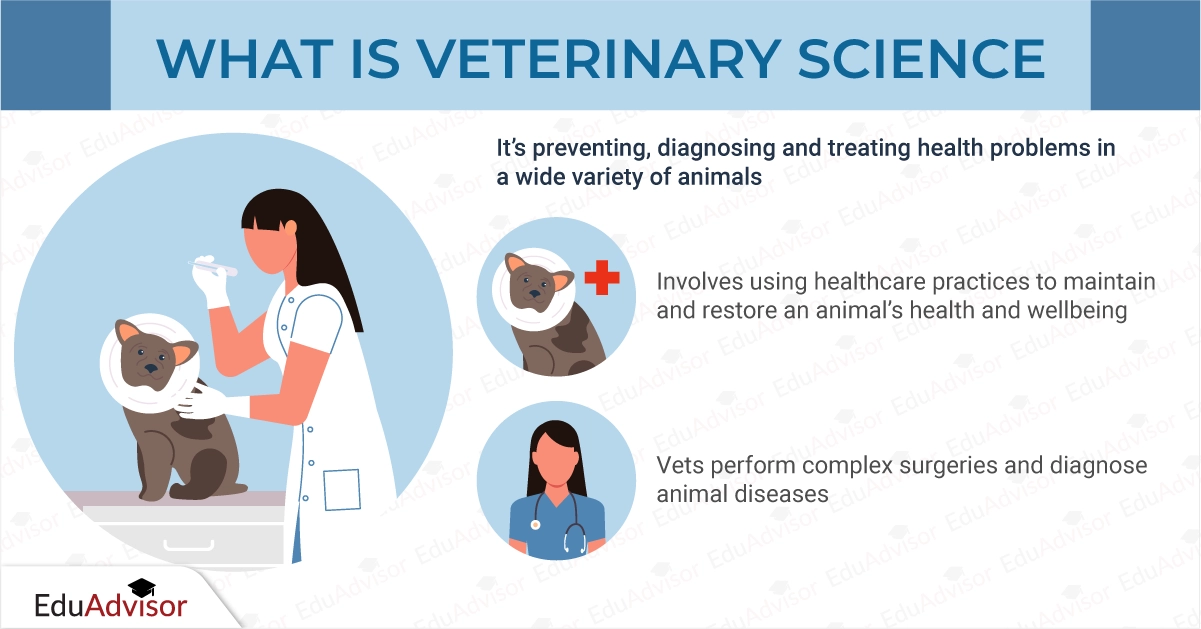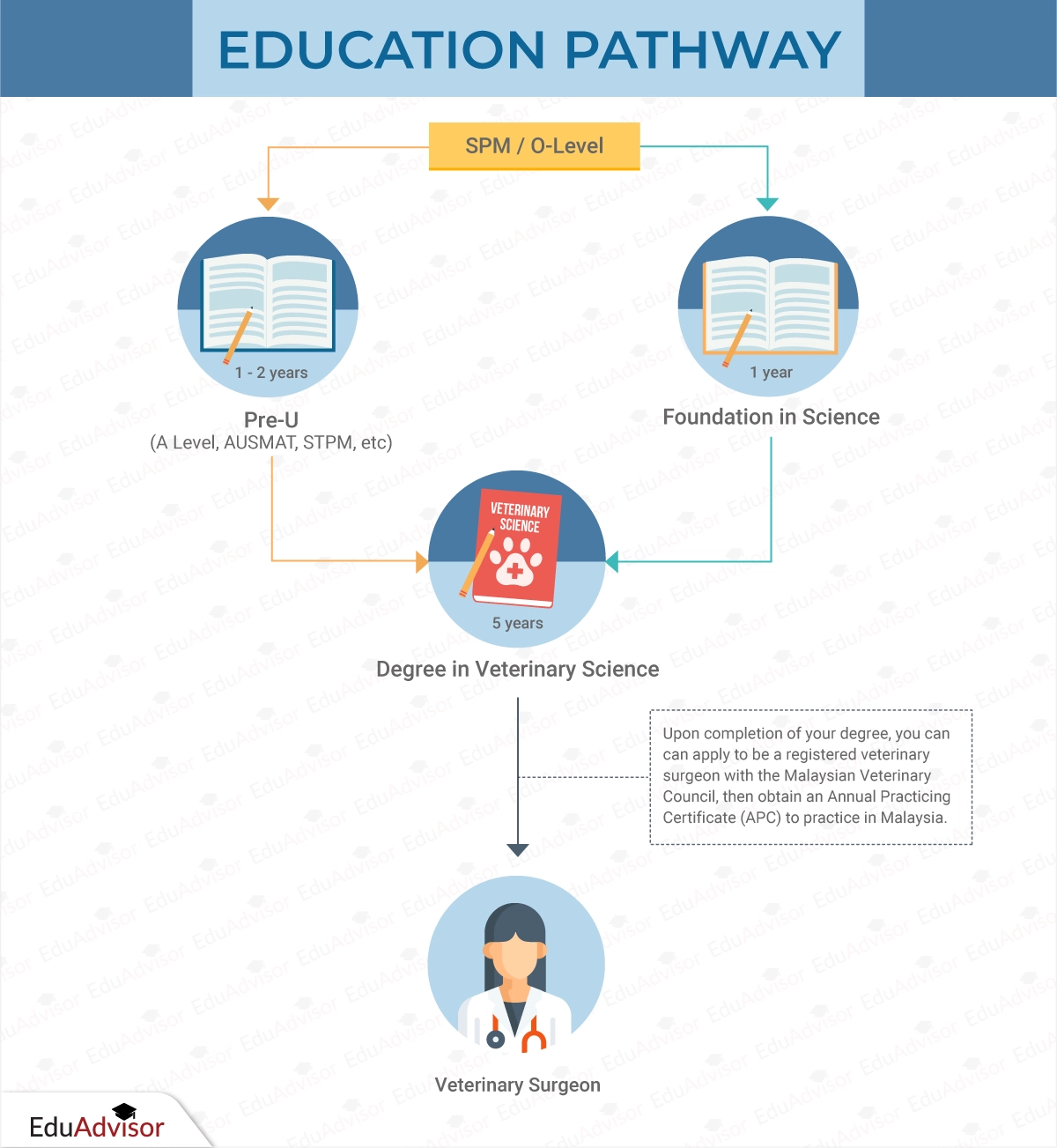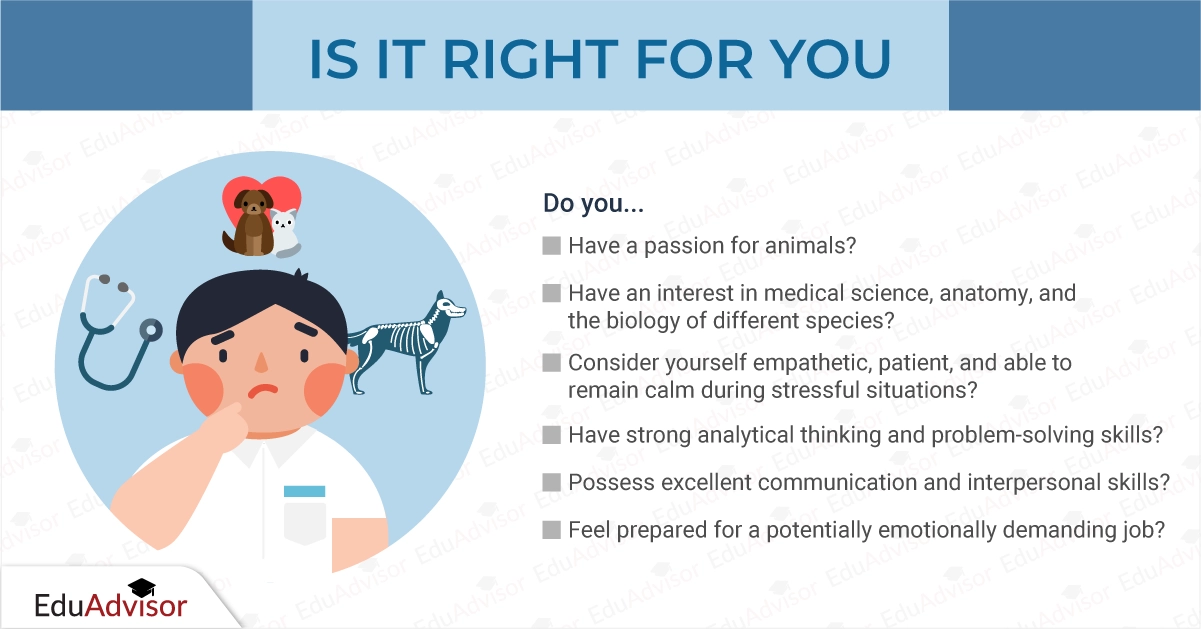The Complete Guide to Studying Veterinary Science in Malaysia
Wonder what universities offer veterinary science course in Malaysia? We got you. Entry requirements and fees comparison at the tip of your fingers.

Have you always imagined yourself treating animals when they are sick and injured? Are you fascinated with the study of animals and their well-being?
If so, you might want to consider a degree in Veterinary Science!
This guide will explore why you might want to consider studying a Veterinary Science course in Malaysia, what you can learn from studying this course and your career options after your degree.

IMU University
Bachelor of Science in Bioveterinary Science (Honours)
✓Comprehensive curriculum that integrates the latest advancements in bioscience with a strong emphasis on veterinary applications
#1. What is Veterinary Science
Veterinary Science relates to preventing, diagnosing and treating health problems in a wide variety of animals, from family pets and livestock to laboratory animals and animals in the wild.
People who study Veterinary Science often go on to be veterinarians, who are essentially animal doctors.
When an animal is sick or unwell, a veterinarian (or commonly known as a vet) performs an examination to find out the cause of the illness (also known as “diagnosis”). The vet then gives suitable treatments in order for the animal to recover.
a) What are the various fields of veterinary science?
Much like in the human world, there are various specialities within veterinary science.
| Field | What It Is All About |
|---|---|
|
Anaesthesiology |
Pain relief for animals |
| Dentistry | Dental care for animals |
| Dermatology | Diseases and conditions of the skin |
| Internal medicine | Diagnosis and treatment of illnesses, such as cardiology (heart), neurology (brain) and oncology (cancer and tumours) |
| Nutrition | Ensures animals’ diets meet their body’s requirement for nutrients |
| Pathology | Deals with causes & nature of diseases through lab examinations (e.g. autopsies) |
| Surgery | Deals with injuries and disorders that require surgical intervention |
| Zoological Medicine | Care of zoo animals, wildlife and aquatic animals |

#2. Entry Requirements for Veterinary Science
a) What are the subjects required to study veterinary science?
In order to pursue a degree in Veterinary Science, you will generally need:
- SPM / O-Levels: Minimum of 5Bs, including English and Mathematics
b) Veterinary Science Degree requirements
These are the general entry requirements to pursue a Degree in Veterinary Science:
- A-Level: Minimum 2Bs, including Biology, Mathematics, Physics or Chemistry
- STPM: Minimum CGPA 3.50 and a B in Biology, Mathematics, Physics or Chemistry
- Asasi or Matrikulasi: Minimum CGPA 3.50 and a B in Biology, Mathematics, Physics or Chemistry
In addition, you're also required to undergo and pass an interview as part of the prerequisite to study veterinary science.
#3. Studying Veterinary Science in Malaysia
a) What subjects will you study in a veterinary science degree?
A Veterinary Science degree will give you the knowledge and skills required to diagnose and treat animals. Some of the subjects that you may learn include:
- Animal Anatomy
- Animal Biochemistry
- Animal Diseases (Ruminant, Avian, Equine, Swine, Aquatic)
- Animal Genetics
- Animal Nutrition
- Anaesthesiology
- Bacteriology and Microbiology
- Epidemiology
- General Surgery
- Pathology
Throughout your degree, you will be required to carry out practical training. This could involve stints at various places, such as livestock farms, places with non-livestock animals such as zoos, SPCA and wildlife sanctuaries, as well as vet clinics.
Remember that studying for a Veterinary Science degree is not easy as it involves a lot of analytical skills.
b) How long is a Veterinary Science degree?
A Veterinary Science degree in Malaysia is 5 years long.
Pro Tip
Make sure your degree in Veterinary Science is recognised by the Malaysian Veterinary Council. Otherwise, you may risk not being able to practise veterinary medicine in Malaysia.
#4. Your Education Pathway for Veterinary Science
Upon completion of your SPM or equivalent, you’ll need to complete a pre-university or a Foundation in Science programme.
Thereafter, you can pursue a Degree in Veterinary Science that's approved by the Malaysian Veterinary Council (MVC). The 5-year programme will provide you with in-depth theoretical knowledge as well as practical training to ensure you’re competent to be a veterinarian.
Upon graduating your degree, you can apply to be a registered veterinary surgeon with the MVC. Thereafter, you will need to apply for an Annual Practicing Certificate (APC) to enable you to practice veterinary medicine in Malaysia.
#5. Should You Study Veterinary Science?
(a) Is veterinary science right for you?
If you’re wondering whether veterinary science suits you, here are some questions to think about:
- Are you passionate about animals?
- Are you interested in medical science, anatomy, and the biology of different species?
- Are you empathetic, patient and able to remain calm during stressful situations?
- Are you able to think analytically and have strong problem-solving skills?
- Do you have excellent communication and interpersonal skills?
- Are you prepared for a potentially emotionally demanding job?
(b) Skills required to pursue veterinary science
Here are some key skills a good veterinarian should have:
- Strong understanding of animal biology, diseases, treatments, and diagnostic techniques
- Ability to think critically and make quick decisions
- Patience in dealing with animals and pet owners with varying personalities
- Capability to handle emotional stress
- Great communication skills and ability to relay medical information in a digestible and easy-to-understand manner
- Emotional understanding for both animals in distress and their owners
pro Tip
Don’t worry if you haven't mastered all these skills yet. A degree in Veterinary Science will help you hone and develop these skills! Just make sure you're mentally prepared for the demands and challenges of a Veterinary Science degree.

#6. Job Options with a Veterinary Science Degree
A veterinary science degree will open doors to a variety of job opportunities. This includes working at animal clinics and hospitals, large animal practice, wildlife and conservation, public health, NGOs for animal welfare, as well as universities.
A degree in Veterinary Science will allow you to pursue the following career options:
- Veterinary Surgeon
- Veterinary Scientist
- Veterinary Pathologist
- Livestock Inspector
- Livestock Veterinarian
- Laboratory Animal Veterinarian
- Marine Biologist
- Pharmaceutical Researcher
- Zoological / Wildlife Veterinarian

IMU University
Bachelor of Science in Bioveterinary Science (Honours)
✓Comprehensive curriculum that integrates the latest advancements in bioscience with a strong emphasis on veterinary applications
#7. Where Can You Study Veterinary Science Degree in Malaysia?
The most important thing when studying a degree in Veterinary Science is to ensure that your institution is recognised by the Malaysian Veterinary Council. If your degree isn't recognised, you risk not being able to practice veterinary medicine in Malaysia.
Here are some universities for Veterinary Science in Malaysia.
IMU University
Main Campus, Kuala Lumpur
Bachelor of Science in Bioveterinary Science (Honours)
Intake
Apr, Jul, Sep
Tuition Fees
RM186,600
Get up to RM800 Waiver + RM300 Rebate when you enrol through EduAdvisor! T&C apply.





